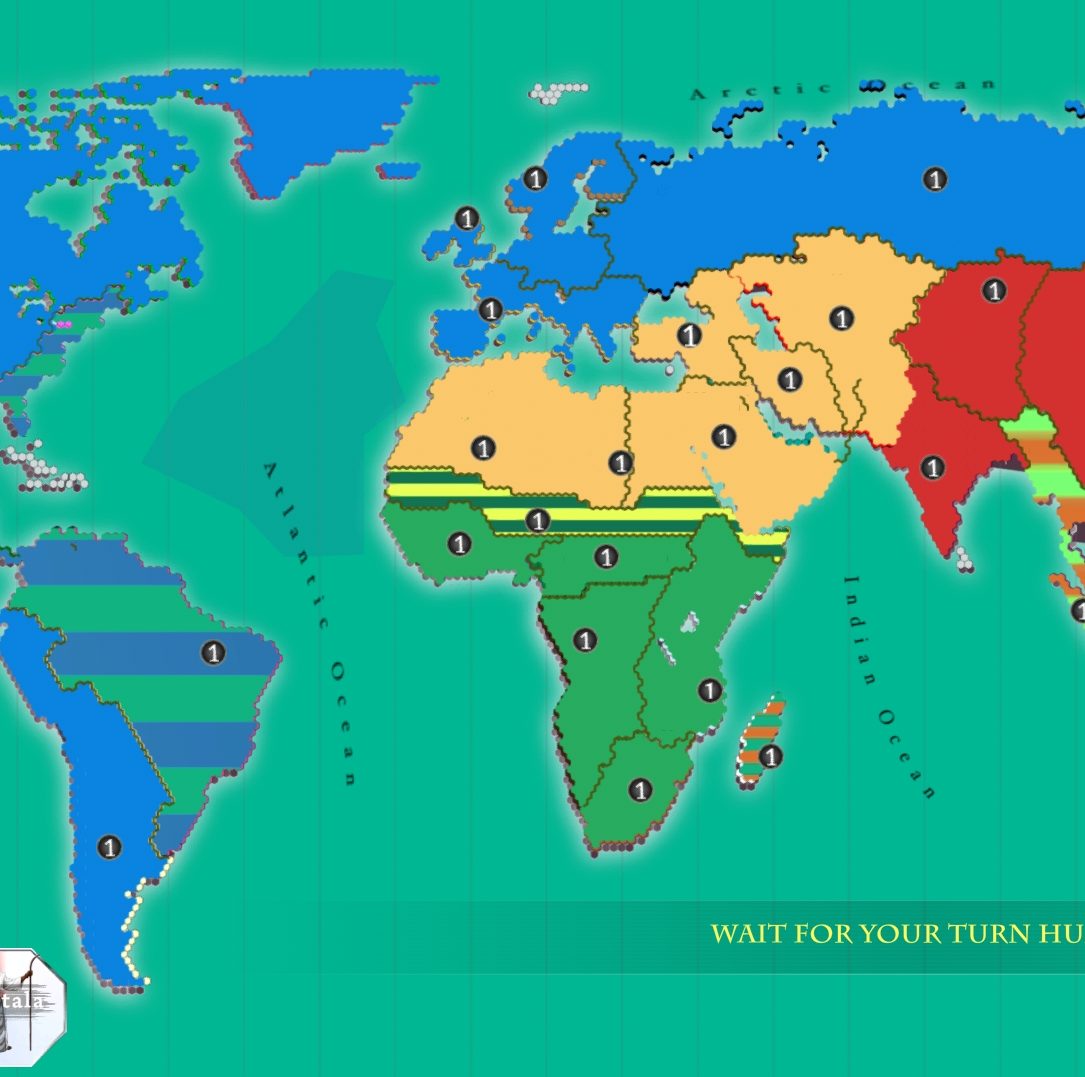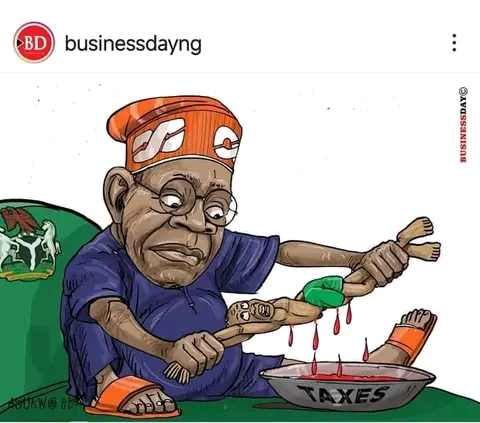
If care is not taken, Nigeria will go through tribal, religious and economic class upheavals and revolutions over the next few years.
Though I have spent the last few decades trying to educate people through books, documentaries and a think tank towards a peaceful progressive development, I am gradually losing hope and reassessing some of my peers logic that a bloody revolution is necessary to change a system rotten from head to tail. They argued that no nation has become great without long spells of instability before finding the best way forward. China went through decades of upheaval, so did England, USA, Russia where millions were killed or displaced before they finally settled down to sustainable development. It appears Nigeria has exhausted all gentleman’s agreement to progress towards an egalitarian society.

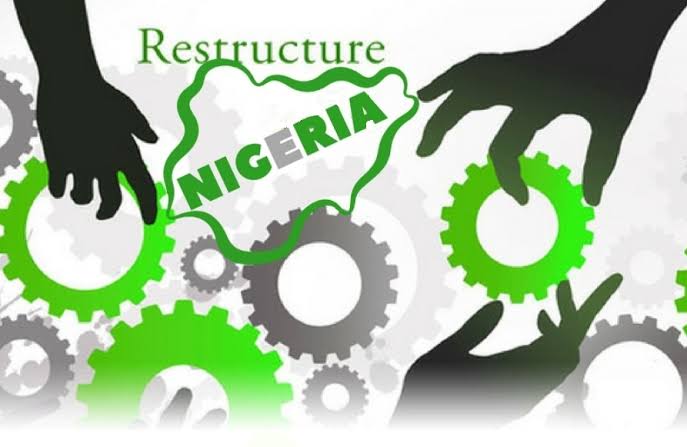
Rotational presidency was to create a culturally fair and just leadership selection, however a Tinubu presidency has effectively killed the egalitarian dream. And, also that of restructuring since his main backing is the anti-restructuring Northern Afroasiatic powerbase. Igbos, Deltans and Middlebelters are no fools to continue with a system biased against them. So, what we will see is a cultural revolution led by the minorities whose combined numbers are greater than that of the Northwest or Southwest.
Tinubu presidency has not only served a death kneel to our just political coexistence by going against cultural justice and cooperation of rotational presidency, but also against religious tolerance and cooperation. In addition to the Southwest taking Southeast’s turn, his Muslim-Muslim ticket will create long term problems since the Christians won’t support a return of power to the Muslim North nor would the North support a Northern Christian after Tinubu’s regime, otherwise the Christians will believe they are giving way to Islamic hegemony.
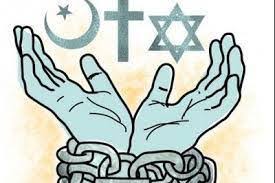
The most common way to ignite a revolution has been economics – tax and exploitative governance by an opulent insensitive regime. In USA, the American Revolution started with the Boston Tea Party, protesting British exploitative taxes without representation. In France, the revolution was ignited by the loss of it’s Haitian slave colony that provided the bulk of it’s foreign income, leading to fall in the income of the middle class and masses, while the monarchy still flaunted the trappings of wealth. In Russia, the First World War deprivations felt across the society led to the Bolsheviks Revolution, even though there had been rumblings over the immoral opulence of the Tsar ruling class.
President Tinubu’s irresponsible removal of the oil subsidies that the masses and production system relied upon, with no accompanying noticeable cut in the cost of governance and exuberance of the political class, is pushing the masses to the brink. Based on his precedence, Tinubu can’t give what he doesn’t have since for 24yrs of Tinubu’s direct and indirect governance of Lagos, the thrust of his governance was increased taxation of the poor and reduce government social responsibility. This is the economic trajectory of Tinubus leadership which on a national scale can rightly be called neo-liberal economics.
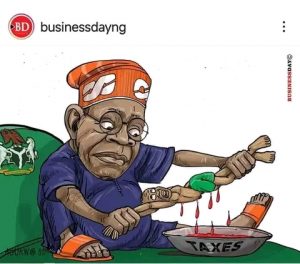
Neo-liberal economic policies came from the early 1980s Reagan-Thatcher conservative era backed by the Chicago School of Economics led by Prof Milton Friedman. It postulates the removal of government socioeconomic responsibility, removing subsidies to small and medium enterprises while allowing monopolies to fester. Trickle down economics, some called it. This is an economic ideology that has failed across Africa and brought huge income inequalities that destablizes the political systems, and brings governments down.
Unfortunately, the coloniality of knowledge has miseducated Tinubu and the political and intelligentsia to blindly follow the neo-liberal economic model. While the USA, UK, France have gone to wars to keep petrol cost down for their local production, Africans are advised to remove government responsibility to keep petrol prices down for their own local production.
Tinubu in one swoop removed petrol subsidies upon which the economy’s production system rested. Removed educational subsides and exponentially increased school fees in a country of 50% literacy rate. Removed government administration of the forex system, resulting in the crash of the Naira when over 70% of our raw materials and our durable manufactues like cars are imported. So imagine the negative multiplier effects of a follow follow neo-liberal economic policy across the economy.
Despite removing government socioeconomic responsibility, he still intends to increase citizen socioeconomic responsibilities by increasing direct and indirect taxes and fees by 300% in the poverty capital of the world. He has announced the widening of the tax net, especially to the markets, and to farms with the reintroduction of marketing boards known to sap profits of farmers for politicians and bureaucrats. With the complete implosion of our economic system, it doesn’t take a psychic to see we are fast moving towards a class revolution whereby the poor will rise to destroy the rich political class.
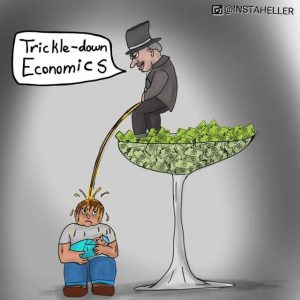

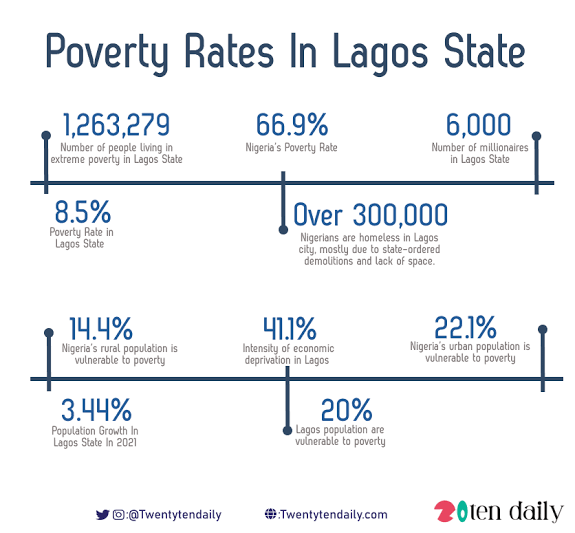
However, despite the economic deprivations through reduced Government socioeconomic responsibility and taxing the poor, Tinubu could still avert a revolution if he had the knowledge and will to not only drastically reduce the obscene cost of governance, but most importantly build the economic liberating infrastructure to bring about an industrial takeoff to provide employment for the tens of millions unemployed and in abject poverty.
There are only two ways in times like these that the political class can mobilize the people away from revolution, which is either by going to foreign war for resources or to engage in massive economic liberating infrastructural development, coupled with sloganeering and the posture of a leadership with it’s sleeves rolled up, leading the sacrifice and war against poverty/underdevelopment from the front.
Obviously, Tinubu can’t go to war like Western democracies do, and nothing in his 24yrs of governance shows that he knows or is interested in building massive industrial infrastructure. In his 24yrs of governance, Tinubu only built a mere 16kms of Metroline out of a possible 160kms that would have transformed the Lagos economy.
Only, and ONLY, an accelerated industrial development by declaring an economic state of emergency for three years to build at least 3,000kms of standard guage railways, three West to East Railways – Lagos-Calabar, Ilorin to Yola, Sokoto to Maiduguri, could provide enough employment through iron and steel sector. Anything else is mere management of a neocolonial economy. A complex railway network being the largest steel and chemical framework, is globally known to start the process of innovation that births technological development and industrialization.
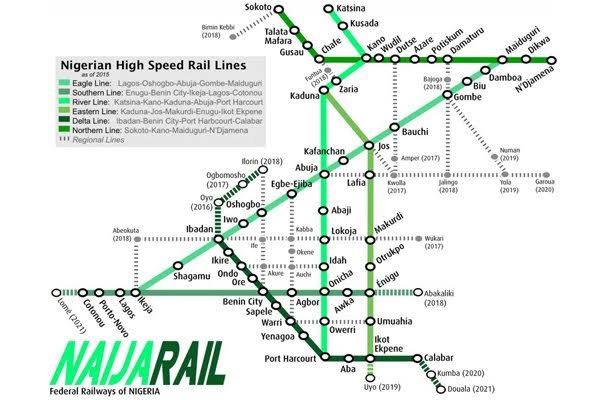
Unfortunately, Tinubu vision is limited to conscripting 500,000 youth to the army with Agbado, Gaari and Beans. Once again, the coloniality of knowledge sources has miseducated him to believe that agriculture and agro-allied industries is the route to industrialization. In reality, Agriculture byproducts and multiplier effects are limited to processing of food, beverages and tobacco, while railways multiplier effects and byproducts are heavy industries of automobiles, electronics and production of durable manufactures. Comparatively, for every billion Naira spent in agriculture and railways, railways will produce at least ten times more jobs.
In conclusion, based on the cultural, religious and economic quagmires outlined above, Tinubu’s renewed hope is that of provoking a revolution through cultural, religious and economic injustices. We saw how the Senate joked about letting the poor breathe, which shows that the poor have to wrestle for anything they need. The current system is not self-regulating and in order to birth a new just sustainable system with a higher moral political consciousness, some analysts state there can be no birth without blood letting.
